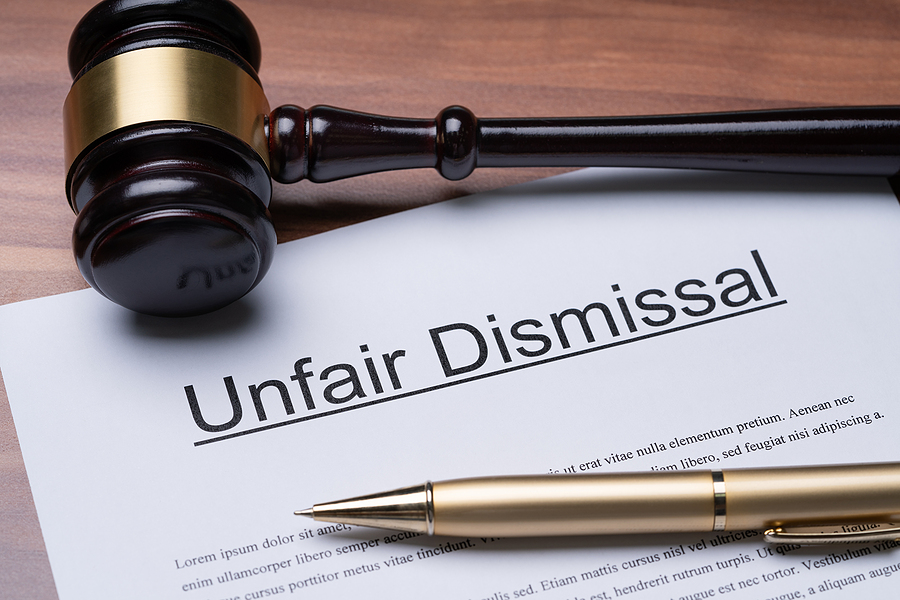If your employment has been terminated for an unfair or unlawful reason, or if you weren’t given a reasonable amount of notice before being dismissed, you may have an unfair dismissal claim.
If you were fired for exercising (or trying to exercise) your statutory employment rights, the situation automatically qualifies as an unfair dismissal (also known as wrongful termination).
So, how can you determine if you were unfairly dismissed, and what can you do about it?
When is Dismissal Unfair or Wrongful?
Every employee is protected by employment laws that ensure employees are paid and treated fairly – these laws are in place to ensure employees are not exploited by their employers. Employees have the right to contact an employment lawyer who specializes in wrongful termination VA to seek compensation.
Similarly, employees also have an obligation to abide by their company’s regulations and rules or risk the termination of their contract.
Fair reasons for dismissal include misconduct, statutory requirements, refusal to accept new changes to the terms of employment, lack of capability, and redundancy.
A dismissal is potentially unfair when the grounds of the dismissal are illegal, and the termination process did not follow the protocols described in the company’s code of conduct.
Dismissal on the grounds of pregnancy, race, sexual orientation, ethnicity, disability, age, and gender are automatically unfair because they involve discrimination and infringe upon the employee’s rights.

What Should You Do if You’ve Been Unfairly Dismissed?
If you have been unfairly dismissed, you should try to resolve the matter internally with your employer. Appeal against the dismissal in writing and submit all the reasons why your dismissal was unfair or unlawful.
If your employer’s stance does not change, you can take the matter further by making a claim with the employment tribunal. Bear in mind, though; you’ll need to have been employed by your employer for at least a year to file a claim unless the dismissal is automatically deemed wrongful termination.
Wrongful termination means that your employer fired you for a reason that is unlawful and not in accordance with state and federal laws.
Wrongful termination includes violations of state and federal anti-discrimination laws and oral or written employee agreements. Additionally, an employer may not fire an employee as retaliation against “whistleblowing” about illegal activity in the workplace, complaining about sexual harassment, or complaining about a hostile or unsafe work environment.
Because wrongful termination claims can be extremely complicated and involve legal proceedings, you should consult a qualified employment lawyer. Your lawyer will review all your employee documentation, find witnesses for your case, and check the employer’s policies, employee handbooks, and code of conduct.
Your lawyer will also evaluate your financial losses. If you have a legitimate case for unfair dismissal, you are entitled to recover compensation and possibly damages. If your claim is successful, you can receive lost benefits and lost pay. Because your dismissal caused you undue stress in the workplace, you are also entitled to compensation for your emotional distress and punitive damages. Additionally, you may also be entitled to attorney’s fees.
Image Source: BigStockPhoto.com (Licensed)
Related Categories: Work, Legal, Reviews







